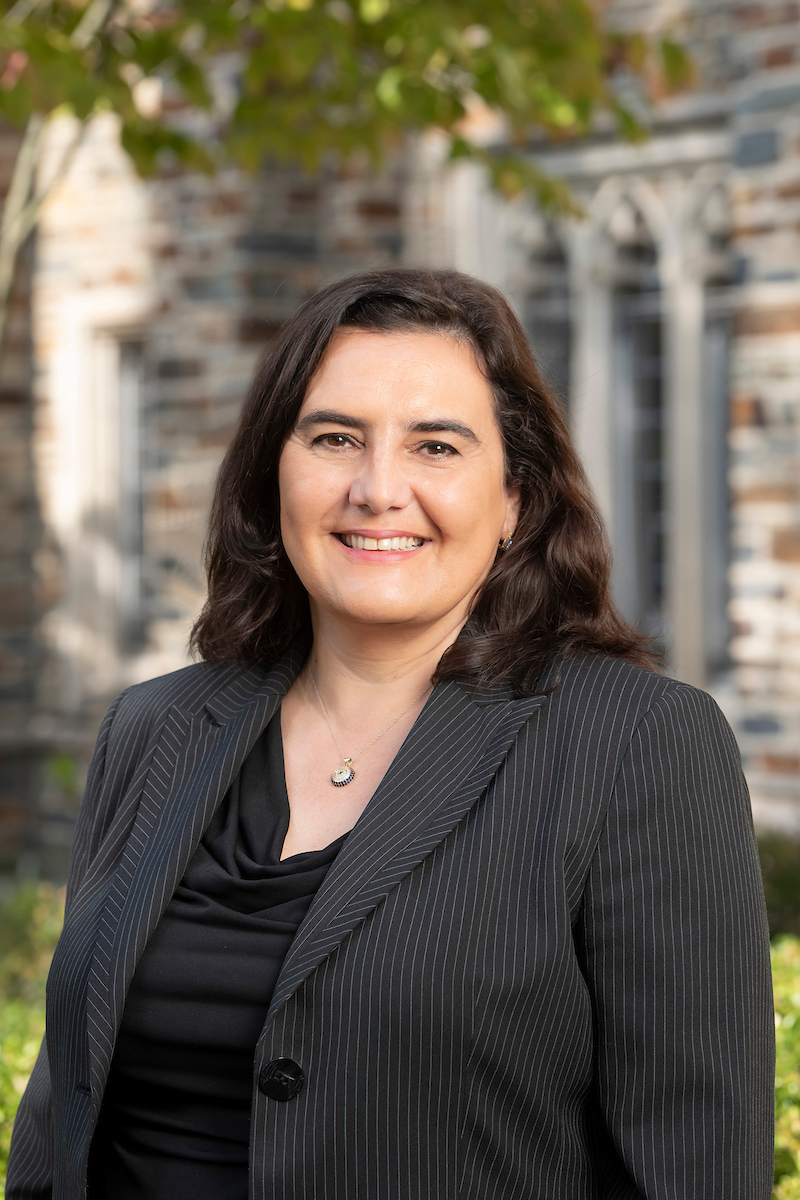KOLT Faculty Seminar: “Defining the Future of Universities through Learning Innovation” by Yakut Gazi, Ph.D.

“Defining the Future of Universities through Learning Innovation”* by Yakut Gazi, Phd., Duke University
About the Speaker: Dr. Yakut Gazi is the Vice Provost for Learning Innovation and Digital Education at Duke University. In this role, she oversees the offices of Learning Innovation and Continuing Studies, with responsibility for the development and execution of pedagogical innovation and digital education strategies, youth academic enrichment programs, and continuing education and lifelong learning offerings. Previous to this position, she was the Associate Dean for Learning Systems at Georgia Tech Professional Education. Her higher education experience spans almost 29 years in four countries. She served on the Academic Advisory Council for Quality Matters©, is an elected council member and First Vice President of the International Association for Engineering Continuing Education (IACEE), and an at-Large Board Member of the University Professional and Continuing Education Association (UPCEA). Dr. Gazi has her Ph.D. in Educational Psychology from Texas A&M University, and an M.A. in Educational Sciences and a B.S. in Teaching Chemistry, both from Bogazici University in Turkey. A native of Istanbul, Dr. Gazi is married, with a daughter.
Description: There are major drivers in place that are forcing us to think of higher education in novel ways. Technological advances such as AI and machine learning make some jobs obsolete and dramatically change the skill sets required for other jobs. This churn of knowledge accelerates a skills gap, which leaves our graduates in need of updating their knowledge and skills as rapidly as within a year. Almost everywhere in the world, the traditional student population is shrinking due to demographic shifts and an aging population. Fifty percent of the children born in the Western world today will live to be 100 years old (Gratton and Scott, 2016). There are sociological, societal, and personal implications of a longer life for health, education, finance, security, transportation, etc. systems. To survive the longer life and longer careers during which we will have to learn and re-learn, educators need to be planning for a 60-year curriculum and respond to the market demand of the fastest increasing segment of population, the 65+ learners (Golden, 2022). Our global society also demands higher education to serve broader populations and re-establish education’s power for upward mobility, social justice, and equity. Our problems of future of workforce and education demand solutions that will work at scale and for diverse groups of learners. Learning innovation, through not only intelligent use of technologies, but also through rethinking educational pathways, pedagogies, business models, and lifespan of learning, has a lot of promise for the future of higher education.
Target Audience: Faculty Members
Duration: 1 hour
When: December 20, 2022 4 p.m.
Where: Zoom
*This event is organized in cooperation with Learning & Teaching Centers/Offices of Koç University, Bilkent University, Hacettepe University, METU, and TED University.

